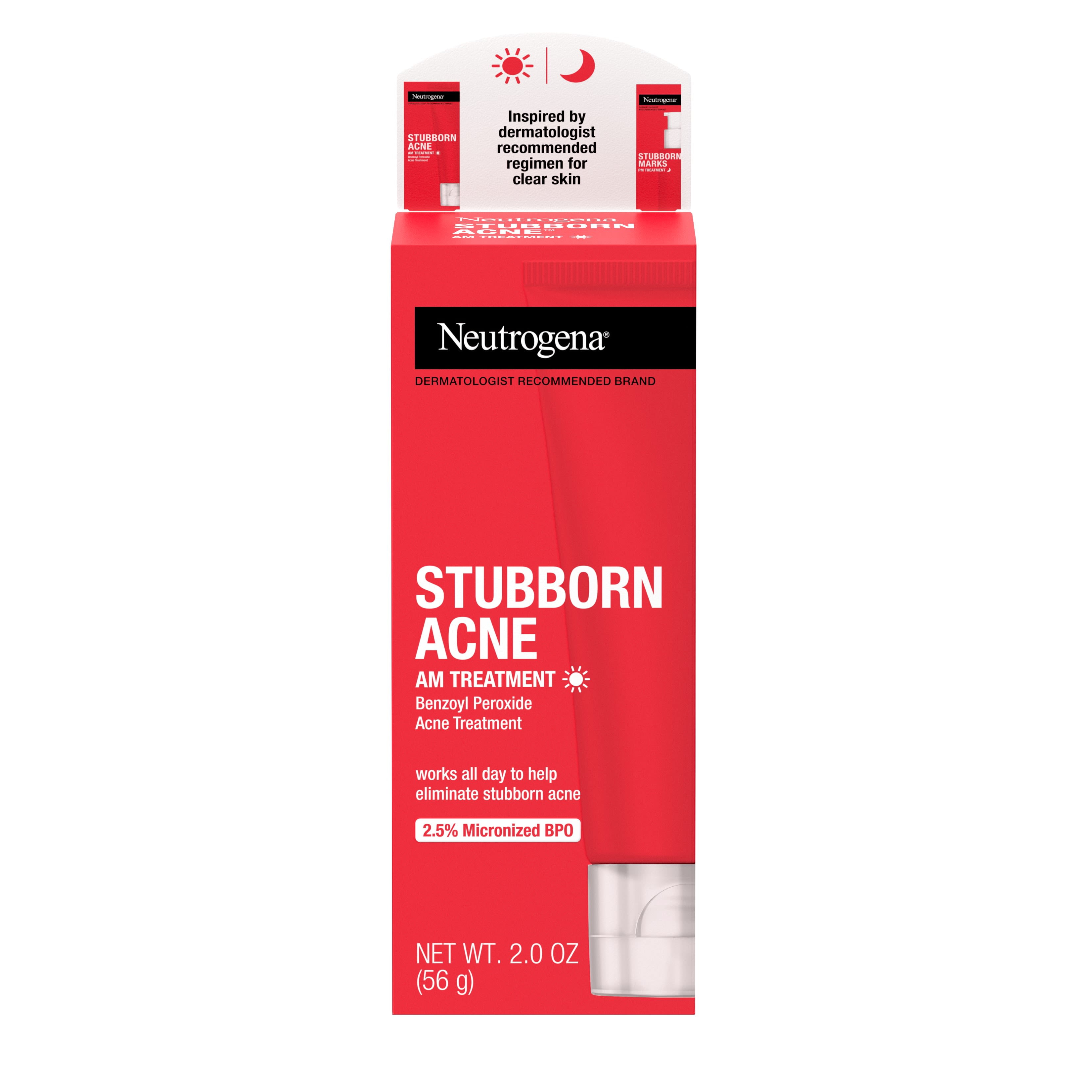
None had previously been associated with improved acne. Through DNA sequencing, the researchers also identified four types of bacteria that bloomed with isotretinoin treatment. The researchers found that isotretinoin therapy increased the diversity of microbes found on the skin.
ACNE MEDICATION SKIN
Of these eight, four had normal skin and four had acne. The samples came from 17 patients whose acne was treated with isotretinoin and, as a comparison, eight untreated subjects. The researchers studied bacteria sampled from facial skin swabs at four time points over the course of the 10-month study. The drug appears to make the skin less hospitable to acne-causing bacteria.”

So if the microbes are changing, it’s in response to changes in the patient’s skin. But we also know that this drug doesn’t work on the bacteria themselves. “We asked whether we would see fewer of those bad bacteria on the skin after isotretinoin treatment, and we did. “There are greasy areas of the skin that support the growth of certain communities of bacteria, and we know that some of them appear to be associated with acne,” said McCoy, a dermatologist and the study’s first author. It is the only therapy that can reliably clear acne long term.

It is largely thought to treat acne by drying out the skin, making it a less inviting place for acne-causing and acne-promoting microbes to flourish. But such antibiotics can contribute to the development of resistant strains of bacteria and can kill off potentially beneficial microbes as well. There is a need for such alternatives because isotretinoin - while effective - causes severe birth defects, so doctors must take added precautions for women of child-bearing age.ĭoctors often prescribe antibiotics that target bacteria called Cutibacterium acnes - also called Propionibacterium acnes - which is associated with acne. McCoy, MD, PhD, an instructor in medicine, and their colleagues. The study sheds light on how isotretinoin works and provides information that could lead to developing microbiome-based acne treatments, according to the lead researchers, Makedonka Mitreva, PhD, an associate professor of medicine and William H. 21 in the Journal of Investigative Dermatology. It shifts the skin microbiome of acne patients to more closely resemble that of people with normal skin. Louis has uncovered a previously unknown benefit of the medication. It reduces oil production in the skin, which helps prevent acne from forming.īut new research from Washington University School of Medicine in St. Isotretinoin, a form of vitamin A, has been prescribed to treat acne for decades. The study raises the possibility of developing microbiome-based acne treatments. Louis shows that the common acne medication isotretinoin alters the microbiome of the skin. A new study from Washington University School of Medicine in St. William McCoy, MD, (center) talks with William Tzeng about acne treatment at the Center for Outpatient Health on the Medical Campus.
/GettyImages-1178882251-118b67126aec45bfac9191332ebeaf3b.jpg)
Study raises potential for development of microbiome-based acne treatmentsīy Julia Evangelou Strait News Release Medication for severe acne alters skin microbiome


 0 kommentar(er)
0 kommentar(er)
